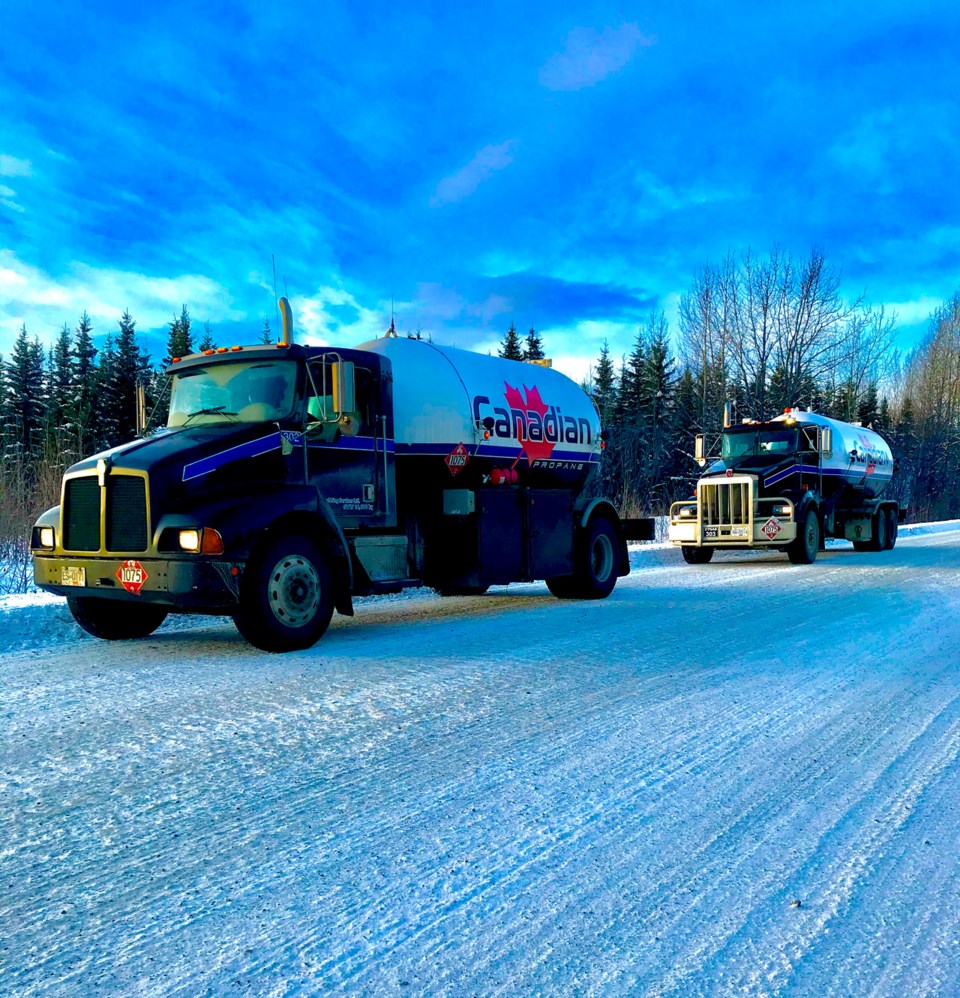As of April 1 this year, big industry was handed a big break on the carbon tax, and the little guys are feeling it.
Now called the Output-Based Pricing System (OBPS), a company polluting more than 10,000 tons of carbon per year is exempt from paying their fuel suppliers carbon tax.
It was a big policy change from 2019’s Clean B.C. Industrial Incentive Program (CIIP), where industry was treated more like us common folk. They had to pay their tax like the rest of us, and got their rebates later.
Now they’ve been giving their propane and fuel suppliers a letter of exemption, and are refusing to pay the tax.
The problem is, these suppliers paid the carbon tax when they bought it at the refinery.
So they are left holding the carbon tax liability until they get refunded by government.
And you know how that goes. Government processing of rebates like this requires a whole administrative empire of ribbon and don’t forget time.
These guys may have to wait as long as six months for the paperwork to go through.
In the meantime, they are selling more propane below cost. Eventually these small companies are out of pocket tens if not hundreds of thousands of dollars as the unrefunded taxes they paid on behalf of big industry pile up.
Who designed that policy?
In their rush to lighten the paperwork and liability load for big industry, government forgot about the little guys left holding the bag.
It raises big questions about the tax.
Our carbon pricing policy not only tightens the screws on the small mom and pop propane and fuel delivery suppliers, it places export-oriented heavy industry as somehow more important than small more domestic industries.
Big forest companies emitting more than 10,000 tonnes of carbon, for instance, only get taxed on 35% of their emissions below a certain threshold. These are supposedly “trade exposed” industries and need help.
But anyone producing any product in Canada is “trade exposed.”
The wood products I make face competition from cheap offshore imports but I don’t get any breaks on the carbon tax I pay. I guess if business is really bad I do qualify for low to medium-income carbon tax rebates, but that’s not going to benefit a larger manufacturer that doesn’t qualify for the OBPS, although apparently there’s a new small to medium size business carbon tax rebate in the Federal budget this year. And then all the shipping is tax-free. No carbon tax on bunker fuel for the freighters hauling in mountains of underpriced offshore goods produced in jurisdictions with no carbon tax. Or the cruise ships.
If anything that should be taxed, it’s that.
The NDP, in its neoliberal commitment to the multinationals and global trade, has somehow managed to create a carbon tax system that is unfair to not just small propane and fuel suppliers, but our small manufacturers and cottage industries. All in favour of the big global corporate elites.
Carbon pollution is a problem that needs to be addressed, but I’m not sure these policies build much public trust in the solution.
NOTE: This column has been updated from its originally published version.



